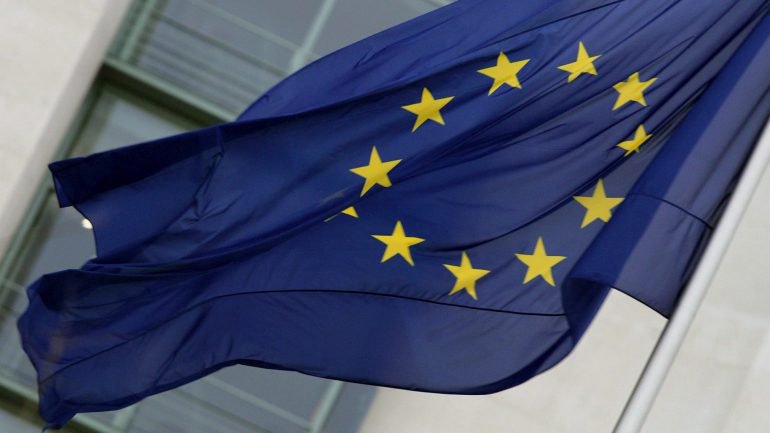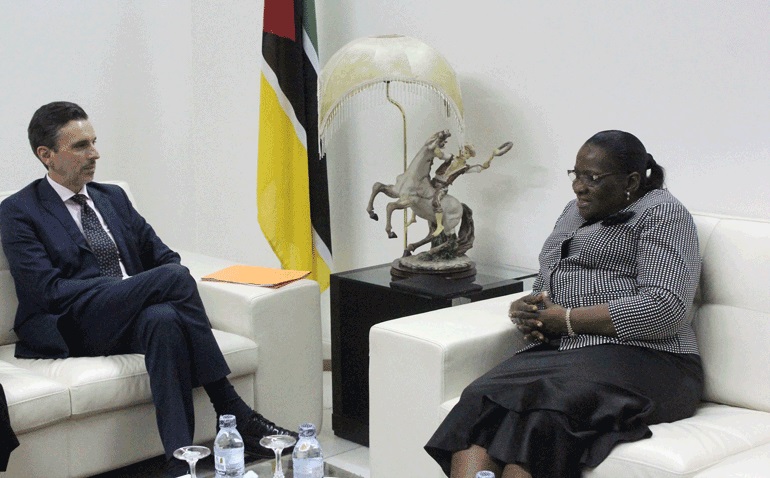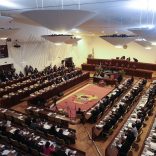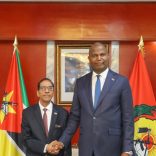Mozambique: Attacks in Memba district destroyed 370 houses - Nampula governor
EU calls for final agreement on peace talks in Mozambique

Photo: Lusa
The European Union (EU) ambassador to Mozambique said yesterday that he considered it crucial that the current peace negotiations between the Mozambican government and the main opposition party end with a final agreement, reiterating the EU’s readiness to continue supporting the process.
“The EU considers it key that a definitive agreement be reached between the parties,” Antonio Sanchez-Benedito Gaspar said after visiting the Mozambican parliament, where he met Speaker Verónica Macamo.
The EU is part of the contact group for the peace negotiations between the Mozambican government and the Mozambican National Resistance (Renamo). It has been supporting the new round of talks and has already announced a support of € 50 million for the Disarmament, Demobilisation and Reintegration (DDR) programme for the main opposition party’s armed wing.

“This process must continue. The EU wants to continue to support the process for a definitive solution,” Antonio Sanchez-Benedito Gaspar stressed.
On August 6 of this year, the Mozambican president announced the signing of a memorandum of understanding between the government and Renamo on the demilitarisation and integration of the main opposition party forces in the army and the police as a way to end the political and military crisis in the country.
This was the third peace agreement signed between the Mozambican government and the main opposition party. The first was the General Peace Agreement signed in October 1992 in Rome between the late Renamo leader Afonso Dhlakama and the then head of state, Joaquim Chissano.
The second was the Cessation of Military Hostilities Agreement, signed in Maputo in 2014 by Dhlakama and Armando Guebuza, who was Mozambican president at the time.
In addition to the disarmament and integration in the Armed Forces of Renamo’s armed wing, the negotiating agenda between the two sides involved the decentralisation of power accomplished by the revision of the Constitution in July.
Between 2015 and 2016, Mozambique witnessed a worsening of the military conflict between government forces and the armed wing of Renamo, which had not accepted the 2014 general election results, accusing the Mozambican Liberation Front (Frelimo) of electoral fraud.












Leave a Reply
Be the First to Comment!
You must be logged in to post a comment.
You must be logged in to post a comment.